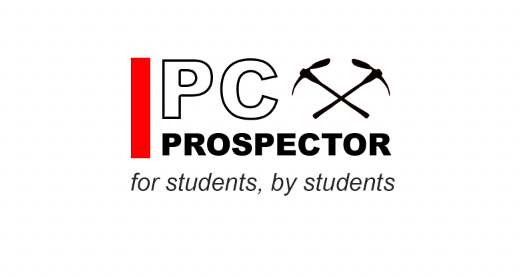Amazon HQ2
Amazon has announced plans to open their new headquarters, which will be split between Crystal City, Virginia and Long Island City, New York.
There will be a $230 million investment into a new Amazon site in Nashville, Tennessee, where about 5,000 jobs will be created.
Amazon stated that they wanted to create a second headquarters in September of 2017, along with the first headquarters located in Seattle, Washington. 200 cities around North America publicly told of their wishes to compete to become the location of this, due to Amazon’s promises of 50,000 new jobs and $5 billion in construction in the chosen city. This is in addition to the supposed over 10,000 jobs created by the company’s investments into the city.
Originally, the plan was to create HQ2 in one city, with just one new headquarters building, however, Amazon decided in September that they would not be able to create what they wanted in only one city, and instead decided to divide the new project into two different cities.
Some have labeled this decision as somewhat misleading to the contending cities, who made their bids believing that all of the billions in investments and jobs would come to their city, rather than having to split that with another.
On their website, the proposal for the HQ2 details about how much their original headquarters has boosted Seattle’s economy, with figures such as $3.7 billion into buildings and infrastructure, over 40 thousand new jobs, and an additional 53 thousand jobs created due to their investments into the city.
Politicians all over the continent competed for the new headquarters to be located in their cities and states, hoping to bring in the economic and technological expansions and advancements that would come along with the infrastructure project.
Most of the cities vying for this hopeful economic venture gave large sums of money in order to sway the tech company into choosing them as the new location, as well as other costs, such as Amazon officials’ site visits and data collection. Since the final decision, many have also criticized the way that the company handled their process, saying that they were left in the dark as to whether or not they had been chosen, with some only finding out after seeing posts about it on Twitter.
In January, Amazon released a list of the 20 finalists, including major cities such as Sacramento, Los Angeles, Miami, Denver, Toronto, and Dallas.
Utah was one region to bid for the new location, but due to their low population, and Amazon’s desire for a more eastern headquarters, they were not included on the final 20 list.
These new sites have sparked some debate over whether they were worth it and beneficial to the cities, specifically in New York.
Many argue that the new jobs (about 25,000) and opportunities will spur economic growth and cause more people to immigrate to the city, while others have cited the possibilities of higher taxes, house prices, and the population of already dense locations as the major effects of the new construction.
Others have also criticized the $2 billion in form of tax incentives and $550 million in cash incentives offered to the company by New York and Virginia, which Amazon have said was a big factor in deciding on the final location.
On the other hand, the formation of the new jobs will drive up salaries in the technology sphere in these two locations, beneficial for anyone in this realm of careers.
Amazon has also stated their desire to employ from local universities and to run and participate in job fairs, in order to fill in some of the new positions. They have been shown to be successful with this in the past in Seattle, where they employ many graduates and students of local universities for many differently specialized students on both part-time and full-time schedules, as well as internship programs.
In September, Amazon became the second publicly traded U.S. company to reach a $1 trillion market value, after Apple. This is mostly due to their expansion into areas other than their original role as online booksellers. Amazon now run a video streaming service, Whole Foods, an enormous portfolio of online services and goods, and multiple innovative stores in certain cities, such as Seattle, where there are no checkout lines, the user just walks out, so long as they have the app installed on their phone.
With a market value this large, and the richest person in the world, Jeff Bezos (estimated to be about $135 billion), Amazon are expected to grow even more within the next few years, bringing more profit to the cities chosen as their new homes.





